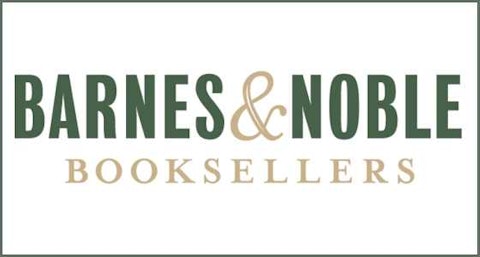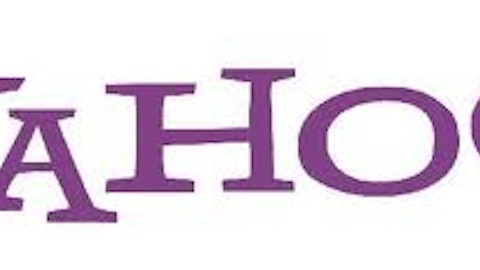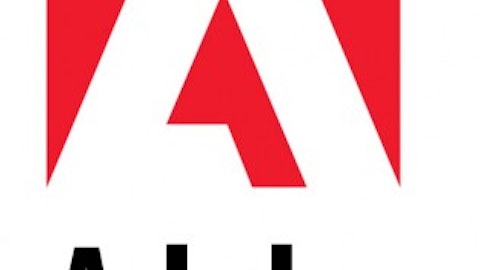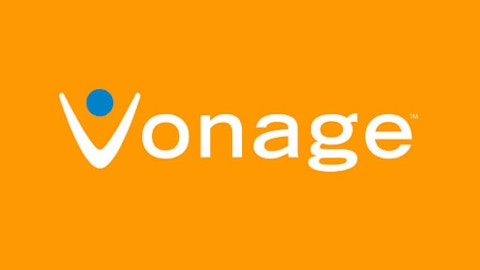Shares of Barnes & Noble, Inc. (NYSE:BKS) tumbled on Tuesday after the company reported disastrous earnings. Management largely blamed its NOOK division for the loss, and vowed to alter its strategy going forward.
Unfortunately for Barnes & Noble, there appear to be some terrible trends affecting its business.
Barnes & Noble’s recent quarter
In its most recent quarter, the bookseller saw its revenue fall over 7% on a year-over-year basis, while the company’s EBITDA loss of $122 million was more than 10 times the prior year.
In the earnings release, management drew attention to the NOOK division. That portion of the company’s business struggled to a greater degree than the others, with revenue dropping by a whopping 34% from the prior year and EBITDA loss increasing by nearly 130%.
To correct that weakness, Barnes & Noble, Inc. (NYSE:BKS) plans to partner with a hardware manufacturer for production of NOOK tablets. The company will continue to make basic eReaders in house, but production of NOOK HD devices will be picked up by a (as of yet unidentified) third party.
Not just the NOOK
But here’s the thing: Barnes & Noble, Inc. (NYSE:BKS)’s poor performance wasn’t due to the NOOK alone. Its retail operation also saw its revenue and profitability decline. Retail revenue dropped 10% from the prior year, while EBITDA declined roughly 24%.
Barnes & Noble attempted to explain this decline by arguing that the prior year was extraordinary; that The Hunger Games and 50 Shades of Grey generated what amounted to a windfall.
But I’m skeptical of this explanation. Digital book sales are becoming increasingly popular — last year, they grew by 43% — and this must be affecting Barnes & Noble, Inc. (NYSE:BKS)’s retail operation, at least partially (there’s a reason they got into the NOOK business to begin with).
Moreover, the fact that the company is so heavily dependent on the sale of blockbuster books is cause for concern. Admittedly, a best seller can outsell several hundred other books combined, but Barnes & Noble’s unique value proposition is the depth of its offerings.
To put it another way, titles like The Hunger Games and 50 Shades of Grey are freely available at non-book stores. Places like Wal-Mart Stores, Inc. (NYSE:WMT), Target Corporation (NYSE:TGT) and even The Kroger Co. (NYSE:KR) stock books of this caliber.
If so much of Barnes & Noble, Inc. (NYSE:BKS)’s retail operation is dependent on just a handful of titles, it doesn’t speak well to the continued existence of dedicated book stores.
Will the NOOK be sold?
There have been reports that Microsoft Corporation (NASDAQ:MSFT) is interested in buying the NOOK business for $1 billion. The Windows-maker already owns a minority stake, and there are reasons that it might want to own the entire thing.
Microsoft’s operating system competitors Google Inc (NASDAQ:GOOG) and Apple Inc. (NASDAQ:AAPL) both sell books on their respective media stores. By selling content, the companies are able to lock consumers into their respective ecosystems.






